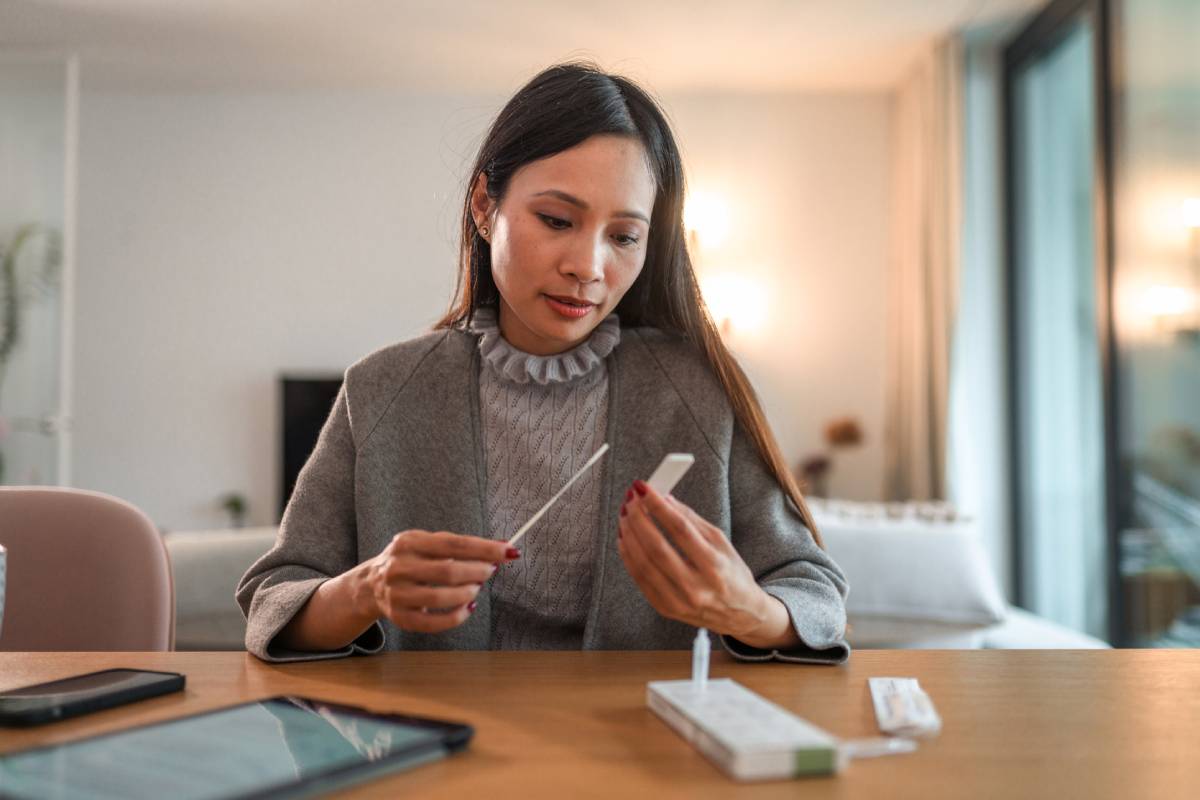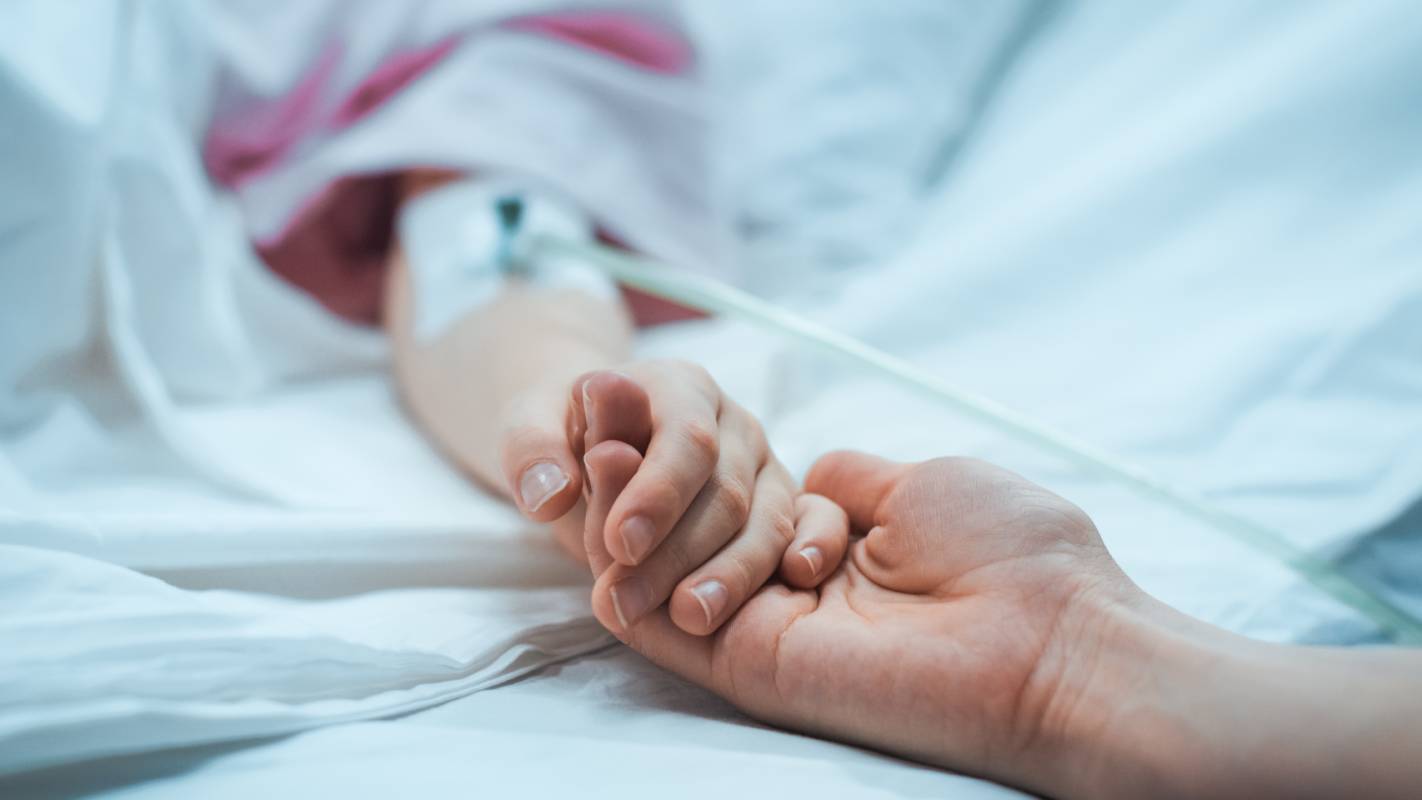
In late May, CDC issued a health advisory regarding Paxlovid, an antiviral pill that is currently recommended for those with mild to moderate COVID-19 who are at high risk of progressing to severe disease. Preliminary data suggests that some patients who are treated with Paxlovid may experience a “rebound” or return of symptoms or test positivity a few days after initial recovery. The advisory outlines available information that is relevant for healthcare providers, public health agencies, and the general public. Importantly, reported cases of COVID-19 rebound thus far have been mild, and Paxlovid is currently still recommended for reducing the risk of hospitalization and death in at-risk individuals [1].
Paxlovid, also known as nirmatrelvir/ritonavir, is a prescription oral antiviral drug that reduces the risk of a COVID-19 case progressing to hospitalization and death in high-risk patients [1]. Populations considered to be at high risk include older adults, people with obesity, pregnant people, and those with certain medical conditions including diabetes, HIV, and cancer [2]. It has received emergency use authorization for people 12 and older. If eligible, the treatment consists of three pills taken two times per day for five days and should be started as soon as possible [1,2].
The advisory was made after a small number of case reports of COVID-19 rebound in patients with normal immune responses who completed the Paxlovid treatment course and seemed to fully recover – as measured by a negative test result [1,2]. Based on available data, experts do not believe that this phenomenon was due to reinfection with SARS-CoV-2 or to the virus developing resistance to the treatment, and other common respiratory illnesses were ruled out [1].
Cases so far have all been mild and resolved after a median of 3 days without needing additional treatment [1,2] However, CDC reported that there is a possibility that individuals experiencing COVID-19 rebound may be able to transmit the infection to others – additional research in this area is needed [1]. As a result, patients unfortunately need to restart their isolation period, following current guidelines [1,2].
Interestingly, in the Paxlovid clinical trial, a small number of participants had one or more positive test results after testing negative or an increase in the amount of SARS-CoV-2 detected by PCR after completing their treatment course, but this occurred in both the treatment group and the placebo group [1,2].
Case reports of potential rebound in COVID-19 patients generally (without any influence from Paxlovid) can be traced back to 2020. Researchers at the time raised the question of whether those cases represented reinfection or relapse. In one report, three older adults were diagnosed and hospitalized with COVID-19, clinically recovered and had a period without symptoms, and then returned to the hospital with confirmed infection several weeks after the first occurrence [3]. Another article reported on 11 patients who experienced a second episode days to weeks after the resolution of the first [4]. With additional data, it is now known that immunity due to vaccination and prior infection endures on the scale of months in people with normal immune responses, on average. However, abnormal immune responses to COVID-19 may allow a small percentage of people to be reinfected on a much shorter timescale. Whether COVID-19 itself is associated with potential rebound remains unclear.
Public health agencies and healthcare providers will no doubt be paying close attention to new cases of COVID-19 rebound moving forward and conducting additional research on the relative risks associated with Paxlovid and other treatments. For now, guidance on treatment and monitoring remains unchanged.
References
[1] “COVID-19 Rebound After Paxlovid Treatment.” CDC Health Alert Network, May 2022. Available online: https://emergency.cdc.gov/han/2022/pdf/CDC_HAN_467.pdf [2] Bendix, A. “CDC warns of ‘Covid-19 rebound’ after taking Paxlovid antiviral pills.” NBC News, May 2022. Available online: https://www.nbcnews.com/health/health-news/cdc-warns-covid-19-rebound-taking-paxlovid-antiviral-pills-rcna30311 [3] Lafaie, L., et al. Recurrence or Relapse of COVID-19 in Older Patients: A Description of Three Cases. Journal of the American Geriatrics Society. 2020;68(10):2179-2183. doi: 10.1111/jgs.16728 [4]. Gousseff. M., et al. Clinical recurrences of COVID-19 symptoms after recovery: Viral relapse, reinfection or inflammatory rebound?. Journal of Infection. 2020;81(5):816-846. doi: 10.1016/j.jinf.2020.06.073
